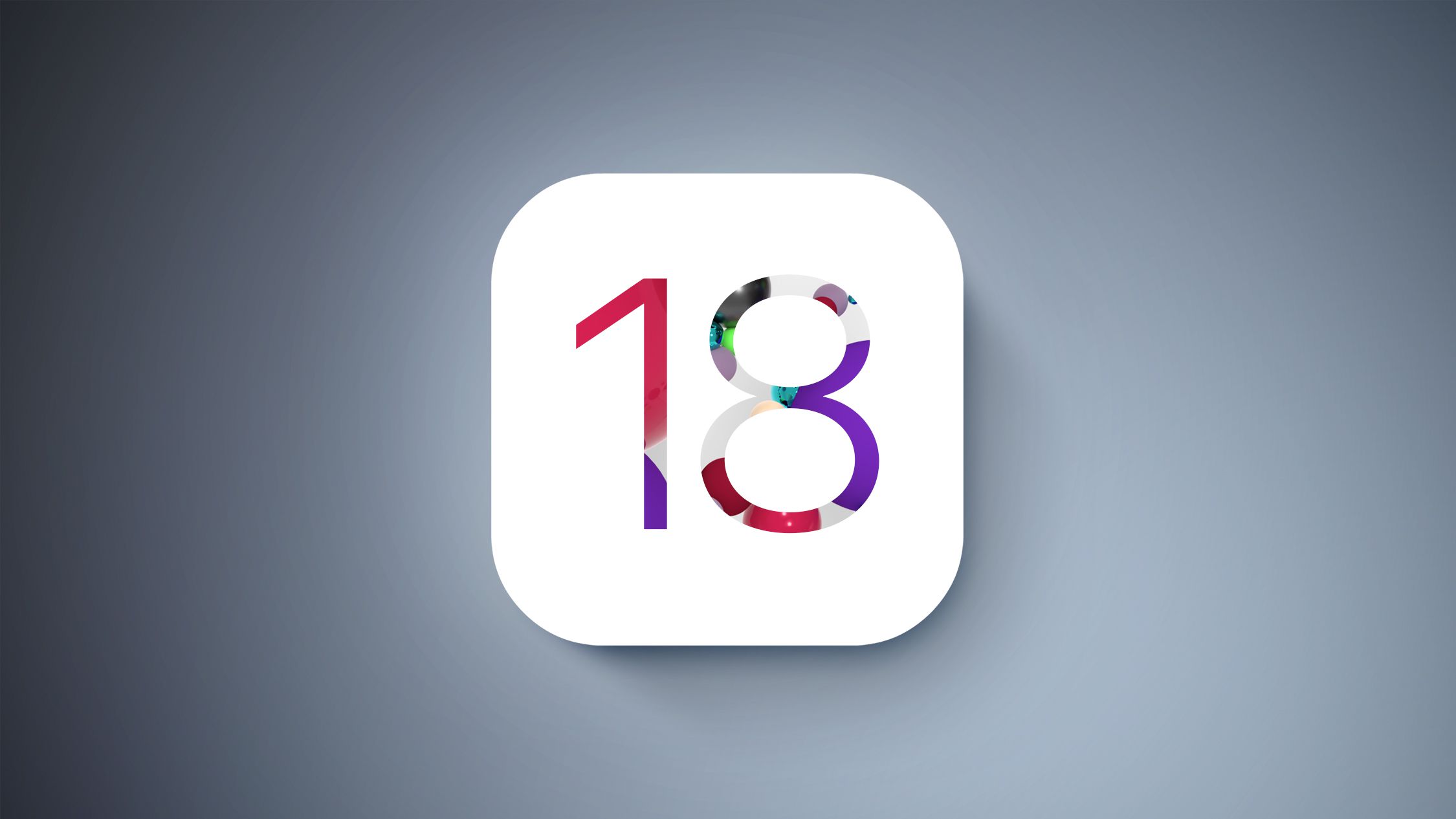Get the latest tech news
Navigating history with AI: The promise and peril of digital time travel
We must ensure AI serves as a tool for enlightenment, not confusion or deception, lest it alter our perception of history.
This week, a major prize was awarded to three computer science students who used AI, specifically machine learning (ML) and neural networks, to successfully read and translate an ancient Roman scroll recovered from Herculaneum, near Pompeii. As noted by the Herculaneum Society, these blackened, carbonized, incredibly fragile scrolls constitute the largest surviving library from classical antiquity, potentially holding lost philosophical dialogues and insights that could reshape our understanding of the ancient world. The potential for deepfakes to destroy trust in our present reality, as well as fundamentally distort the historical record, only amplifies the need for strict standards and regulations on AI-enabled content creation and dissemination.
Or read this on Venture Beat
